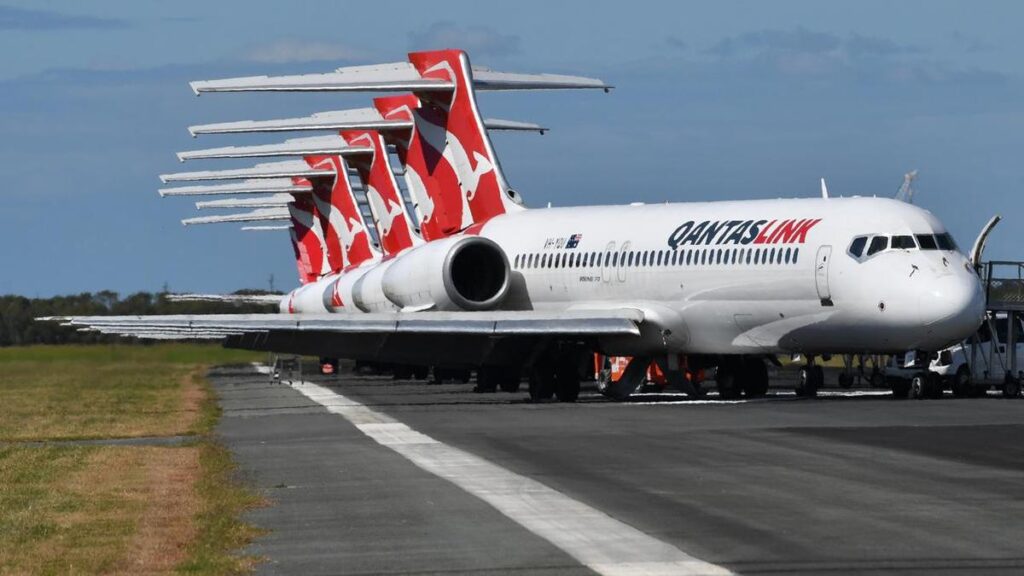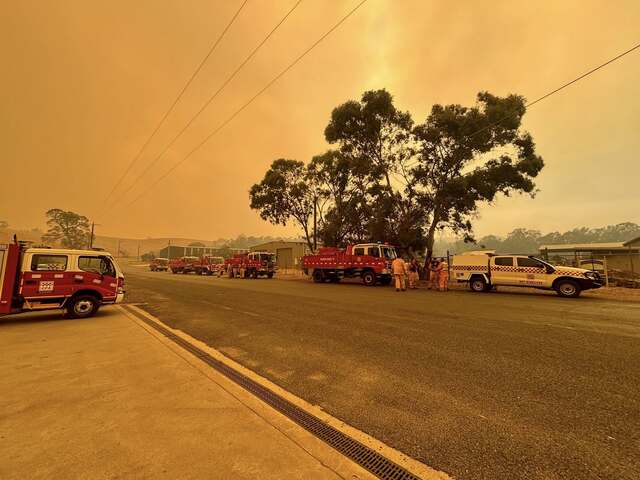
The announcement of the closure of three regional bases by QantasLink has sparked concerns among rural communities in Australia regarding access to essential services, jobs, and reliable air travel. The airline confirmed that its bases in Canberra, Hobart, and Mildura will cease operations from April 2026. This decision follows the recent voluntary administration of regional airline Rex and the collapse of budget airline Bonza, further intensifying fears about the future of regional aviation.
As part of an inquiry by the Senate into the reliability and affordability of aviation services in rural Australia, executives from QantasLink will present evidence on Friday. In its submission, the Mildura Rural City Council emphasized the significance of its airport as a vital link to regional centers in Victoria, New South Wales, and South Australia. Local officials expressed concern that the base closure would severely limit access to reliable air travel for residents of Mildura, located 550 km northwest of Melbourne.
“The airport is a lifeline for our community, underpinning economic activity, health access, education, and social connectivity,” the council’s submission stated. Furthermore, the council warned that the exit of QantasLink could deter investment in the region. “When confidence in air connectivity erodes, the entire regional economy suffers,” it added.
The closures will affect approximately 70 staff across the three bases, including 31 cabin crew. Initially, QantasLink did not offer redundancy packages, suggesting that employees could seek positions in Sydney, Melbourne, or Brisbane. However, many employees have deep ties to their communities, owning homes or having family responsibilities that make relocation challenging. The Flight Attendants’ Association of Australia criticized the decision, stating, “It treats loyal, long-serving regional staff as transferable assets, ignoring the complex web of family, economic, and social ties that bind them to their communities.”
In response to the backlash, QantasLink has since offered various financial packages, including redundancy options and support for commuting or relocating. During the inquiry, QantasLink Chief Executive Rachel Yangoyan highlighted that Australia is not alone in facing challenges with regional airlines. She explained that operating regional services incurs higher costs per seat compared to metropolitan routes due to elevated airport charges, fuel, and maintenance expenses.
Despite these difficulties, Yangoyan affirmed Qantas’s commitment to regional Australia, noting that aircraft upgrades represent hundreds of millions of dollars in investment in the regional fleet. She pointed out that Qantas currently operates 102 routes to 62 regional destinations. “This month marks 105 years since Qantas was founded in outback Australia, and while we at times need to make tough decisions, we are as committed as ever to investing in the future of regional Australia,” Yangoyan stated.
The Senate inquiry will also hear from representatives of other airlines, local councils, and unions, further highlighting the ongoing challenges faced by the aviation sector in rural Australia. As these communities grapple with uncertainties regarding air travel, the implications of QantasLink’s decision will likely resonate throughout the region.






